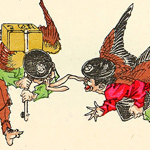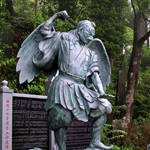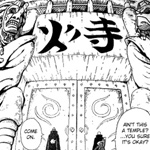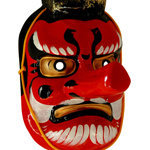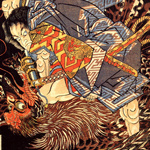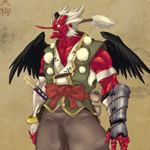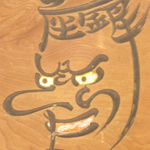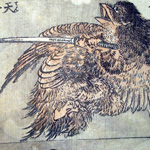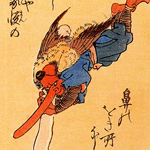
In Japanese tattooing, struggle and battling adversity are prominent themes. And in the Japanese tradition, the forces of good and evil, yin and yang, masculine and feminine are represented by opposite and opposing forces and figures, which offer tension and balance within the tattoo vignette. Tengu are demons or goblins who lived in the mountains and forests and came to be known as protectors of the Buddhist Dharma. Tengu often showed up in ancient folk-lore as characters who were highly skilled warriors and teachers of martial arts, mentors of samurai heroes. Folk tales tell of their hatred of vanity and arrogance, and of the tricks the Tengu played on vainglorious samurai warriors and overbearing Buddhist monks.
There's a Japanese expression,"Tengu ni naru," which means, "He's turning into a Tengu," used when describing a person who is arrogant, proud or conceited.
The word Tengu originated from the Chinese Tiangou, meaning "Heaven Dog". The resemblance is in name rather than feature, for the earliest Japanese Tengu was depicted as a crow-like creature rather than a dog. Tengu masks, commonly used in religious festivals and the Japanese Noh theatre, depicted this particular demon with a bird's head and beak. After Buddhism came to Japan around the 5th century, another Tengu appeared in popular folk lore - this one with a human physique, wings, and long nose, known as the Yamabushi Tengu or monk-ghosts.


